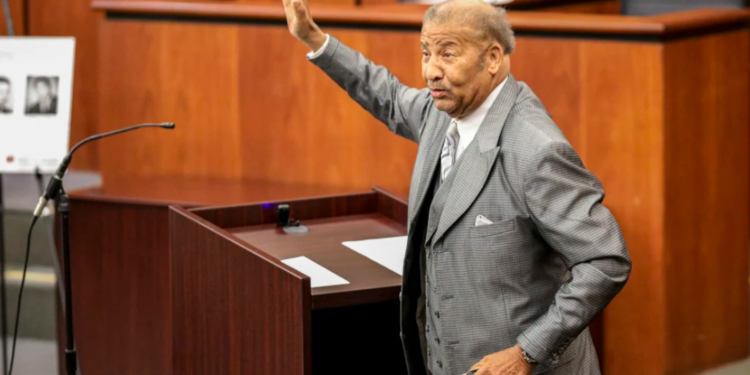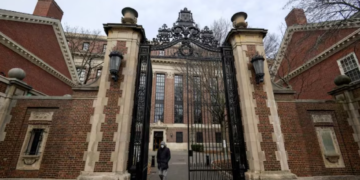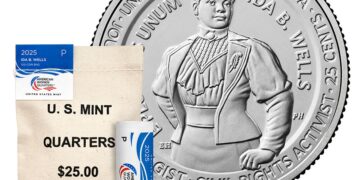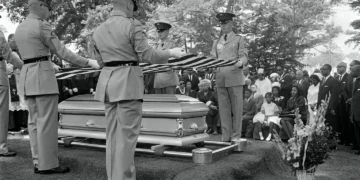Oct 25, 2024 Story by: Editor
In 1960, Simon Bouie assured his mother and grandmother that he wouldn’t get into trouble. But as a young Black student at Benedict College, he sat down at a whites-only lunch counter in South Carolina, leading to his arrest. On Friday, after 64 years, a judge formally erased that arrest and the records of six others in a ceremony at a Columbia courthouse, not far from the very spot where Bouie made his stand.
Reflecting on his actions, Bouie recalled his resolve as he entered the segregated Eckerd Drug Store, aware of the governor’s warnings against college students getting involved with “hot-headed agitators” and “confused lawyers” advocating for racial equality. “We had a desire to fight for what was right, and nobody could turn us around,” Bouie said. “We walked into that building with our heads held high and sat down.”
Bouie’s actions contributed to a broader movement of sit-ins that began in Greensboro, North Carolina, and spread across the South in the 1960s, challenging racial segregation through peaceful disobedience. In recent years, Southern cities have held similar expungement ceremonies for individuals who risked arrest to confront segregation. Civil rights advocate and U.S. Representative Jim Clyburn frequently recounts how he met his wife, Emily, in jail after both were arrested at a protest.
During these protests, Black demonstrators would sit at all-white counters and refuse to leave. Arrested and often unwilling to pay bail, they crowded jails and were sometimes placed on chain gangs, pressing the system to bring about social change and ultimately eroding segregation.
Of the seven men arrested during Columbia’s protests, only Bouie and Charles Barr are still alive. Using canes, both men circled the Richland County courtroom on Friday. The other five — David Carter, Johnny Clark, Richard Counts, Milton Greene, and Talmadge Neal — were honored with white roses representing them at the front of the courtroom.
Barr recalled his fear that day as he rode in the back of a police car, unsure of his fate. He eventually left South Carolina amid racial tensions but later returned. “It made me feel good we were a part of this movement that helped make things a little better for everyone in South Carolina,” Barr said.
University of South Carolina professor Bobby Donaldson honored the five men who have passed, calling them “true Americans” who valued the Constitution and equality over personal safety to secure a better future. “In 1960 they were victimized. Today they are vindicated. In 1960 they were prosecuted. Today they are praised. In 1960 they were convicted. Today they are exonerated,” Donaldson stated.
The arrests and convictions of these seven men went to the U.S. Supreme Court, which overturned their convictions days before the Civil Rights Act of 1964 was enacted. Still, their arrests remained on record until now. Solicitor Byron Gipson led the efforts to investigate and file the expungement paperwork. “These men stood bravely — sat bravely, quite frankly — in the face of adversity, threats, and even death,” Gipson said. “They did it to ensure the Constitution applied to all Americans.”
Judge Robert Hood signed the expungement paperwork to applause from the 150 attendees. “These heroes stood firm against oppression, often at great personal cost. They dared to dream of a world where equality is not an aspiration, but a reality,” Hood declared.
Bouie shared a lighter memory, laughing as he recalled how his wife would jokingly remind him of his arrest: “When I would get in trouble at home, my wife would say, ‘Now you talk to me that way again, I’m going down to Richland County court. You have a case. And you’re in big trouble. I don’t want to hear another word,’” he recounted, sparking laughter. “That went on for 53 years.” Source: NBC News

















